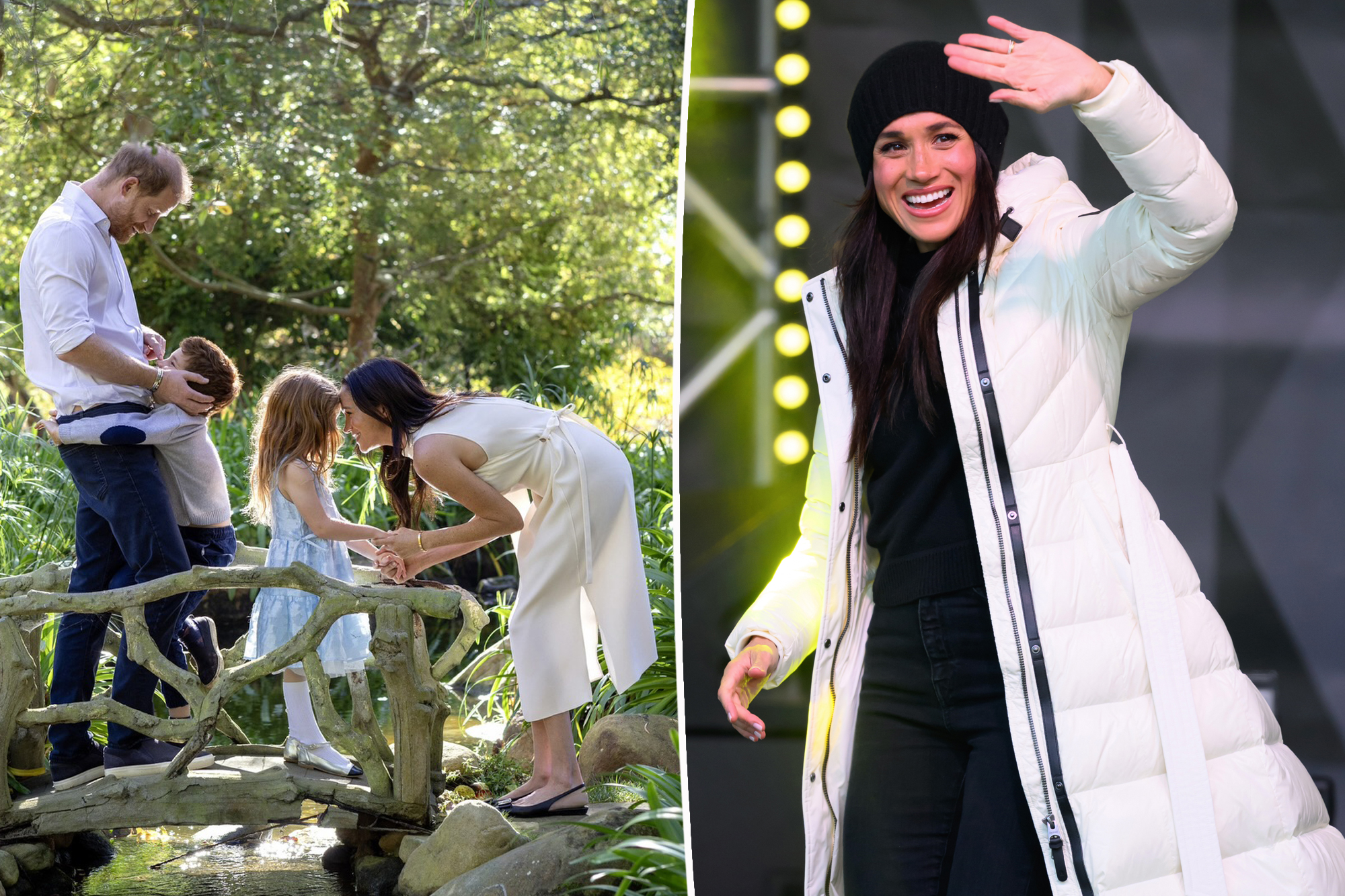Animal Kingdom Displays Diverse Family Structures Beyond Norms

Children’s literature often portrays family life through the lens of traditional nuclear structures, featuring scenes with a mother, father, and children. Stories such as Fantastic Mr. Fox and Peppa Pig reinforce this tidy image. However, research highlights that the reality of family dynamics in the animal kingdom diverges significantly from these narratives.
Understanding Family Structures in Nature
According to a recent article by Louise Gentle in The Conversation, there exists a remarkable variety of family arrangements among animals. While biparental care—where both male and female raise offspring—occurs, it is predominantly seen in bird species. For instance, mute swans exemplify this behavior as both parents share responsibilities such as incubating eggs and nurturing cygnets.
In contrast, single-parenting is the most common family structure in the animal kingdom. In many species, males compete for access to females, as females invest more in the reproductive process. This is illustrated in mammals, where approximately 90% of mothers rear their young alone. An example is the leopard, where the female raises her offspring independently, a narrative echoed in The Tale of Peter Rabbit by Beatrix Potter.
Interestingly, the animal kingdom reveals that single-parenting can offer advantages. For instance, when one parent forages for food, the remaining parent can provide a safer environment for the young, minimizing scent trails that could attract predators.
Diverse Parenting Roles and Relationships
Male parenting, though less frequently depicted in children’s literature, does occur in various species. In fish and amphibians, males often take on significant caregiving roles. The midwife toad, for example, carries fertilized eggs on his back, while Darwin’s frog uniquely transports tadpoles in his vocal sac until they are ready to thrive independently.
The diversity of family structures extends to same-sex couplings, observed in over 500 species, including dolphins and bonobos. Notably, the case of Roy and Silo, a pair of chinstrap penguins at Central Park Zoo, garnered attention when they were given an egg to raise together, a story later depicted in the children’s book And Tango Makes Three by Justin Richardson.
In species with larger family units, such as elephants, communal parenting is commonplace. Typically led by a matriarch, these family groups include related females who engage in allomothering—helping raise and educate the calves.
Fostering and adoption are also seen in the animal kingdom. The common cuckoo, for example, lays its eggs in the nests of other species, leaving the unsuspecting foster parents to rear its young. Instances of interspecies adoption have also been documented, such as a wild capuchin monkey caring for a common marmoset.
Furthermore, social bonds among animals mirror human relationships. Young red deer often form bachelor herds, remaining together until they reach maturity, while swifts engage in protective “screaming parties” during their adolescent years.
Lastly, some species adopt a strategy of minimal parenting. Many reptiles and fish produce numerous offspring, relying on sheer numbers to ensure survival. In these cases, the young are often left to fend for themselves, a stark contrast to the nurturing depicted in many children’s books.
The exploration of these varied family structures in the animal kingdom underscores the limitations of traditional narratives commonly found in children’s literature. As our understanding of animal behavior evolves, it becomes clear that family dynamics are far more complex than the simplistic portrayals often seen in popular media.






